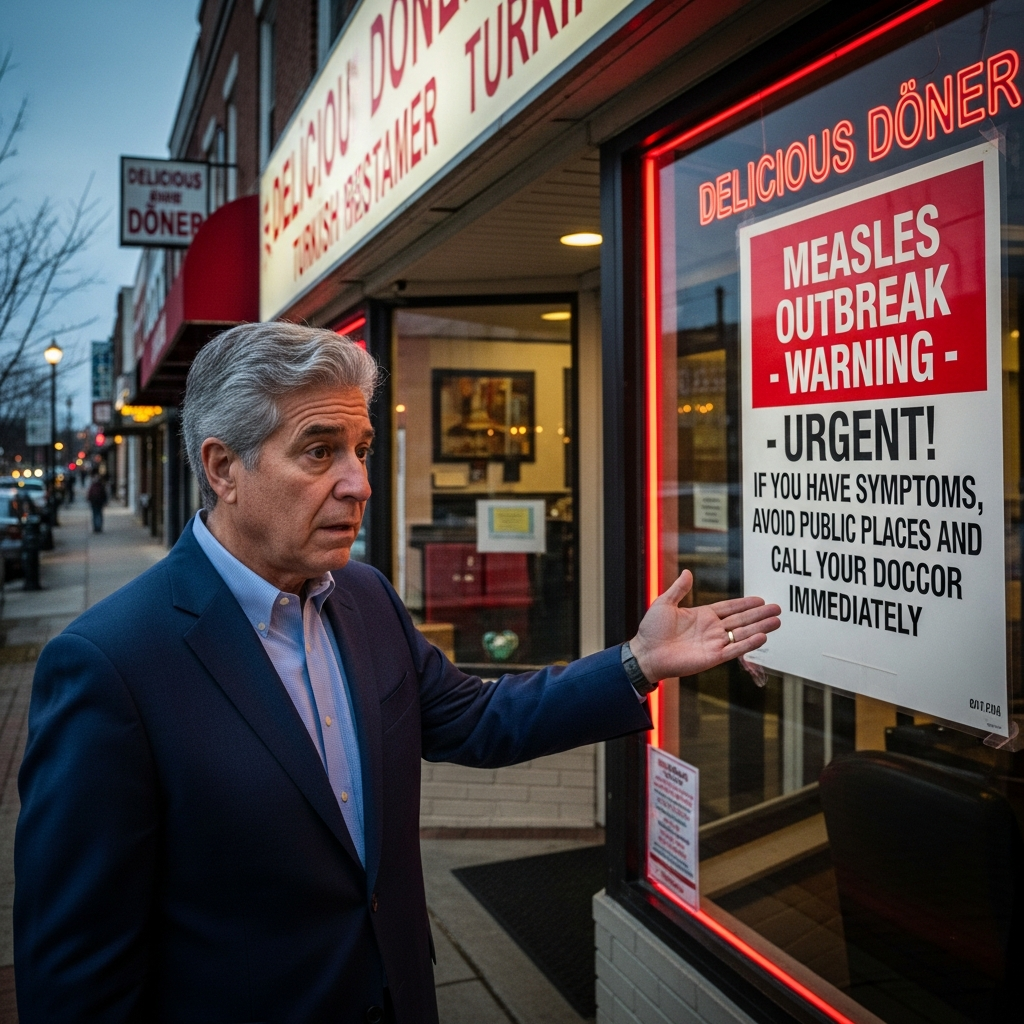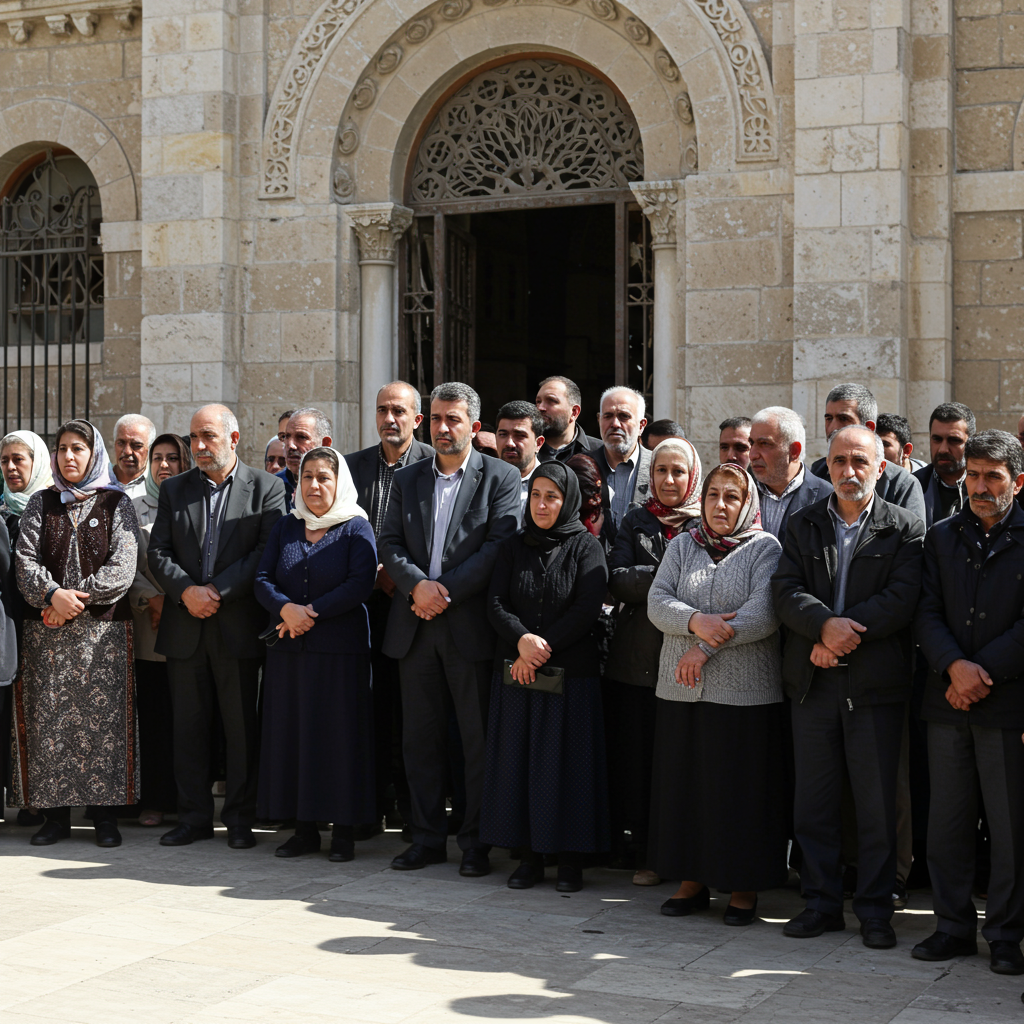Panama Imposes Emergency Rule in Key Banana Province Following Violent Unrest
Panama’s government has declared a state of emergency in its primary banana-producing region, the northwestern province of Bocas del Toro. The decision, announced on Friday by Minister of the Presidency Juan Carlos Orillac following an emergency cabinet meeting called by President José Raúl Mulino, comes after a significant escalation of violence, including looting, vandalism, and clashes during ongoing protests.
The emergency measure will suspend certain constitutional rights for five days specifically within Bocas del Toro province, which borders Costa Rica. This includes restricting freedom of movement and granting police the authority to make arrests without a warrant. The government stated the action is necessary “in the face of the disruption of order and acts of systematic violence” to guarantee peace and prevent “radical and criminal groups” from endangering people and property. The aim, Minister Orillac added, is to “rescue the province.”
Roots of the Unrest
The unrest in Bocas del Toro is linked to broader nationwide protests that erupted across Panama back in March against a proposed pension reform law. In this crucial agricultural region, the situation intensified about a month ago when the local banana workers union joined the national movement and declared a strike, protesting that the Social Security reform negatively impacted benefits regulated by a specific 2017 law for their sector.
Bocas del Toro quickly became an epicenter of the protests. The confrontation escalated significantly last month after major employer Chiquita Brands reportedly sacked thousands of striking employees. Since then, demonstrators have been setting up severe road blockades throughout the province, frequently leading to clashes with law enforcement and causing shortages of basic supplies in the economically vital, yet isolated, region.
Escalation and Violence
The declaration of the state of emergency was directly triggered by a dangerous escalation of violence the previous day, Thursday night. Incidents included:
Looting of facilities belonging to Chiquita Panama in Changuinola.
A baseball stadium being partially set on fire.
Protesters taking over facilities at the Changuinola airport, resulting in the theft of vehicles from rental companies and belongings from terminal offices.
Widespread looting of local businesses.
These acts of “vandalism” have drawn condemnation from the government, business community, and civil society groups, described by authorities as having escalated “dangerously.”
Government Response and Ongoing Tensions
Prior to this latest surge in violence, President Mulino had already deployed 1,500 police units to the province to clear blockaded roads, an operation that led to dozens of arrests and injuries to police officers.
Adding to the complexity, a recent special law granting greater labor benefits specifically for banana workers came into force this week, following an agreement between deputies and unionists aimed at lifting blockades. However, protests have persisted, with other sectors of civil society and teachers initiating new demonstrations and road blockades. The confrontations reportedly hardened with the increased police presence.
By implementing the state of emergency, the Panamanian government aims to regain control and restore order in Bocas del Toro, addressing the critical security situation stemming from the protracted demonstrations rooted in the contentious pension reform issue and labor disputes involving key agricultural employers.



